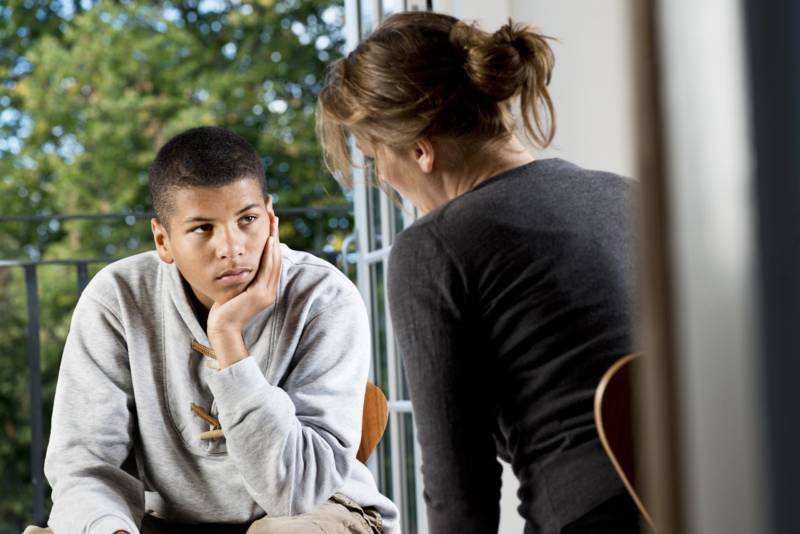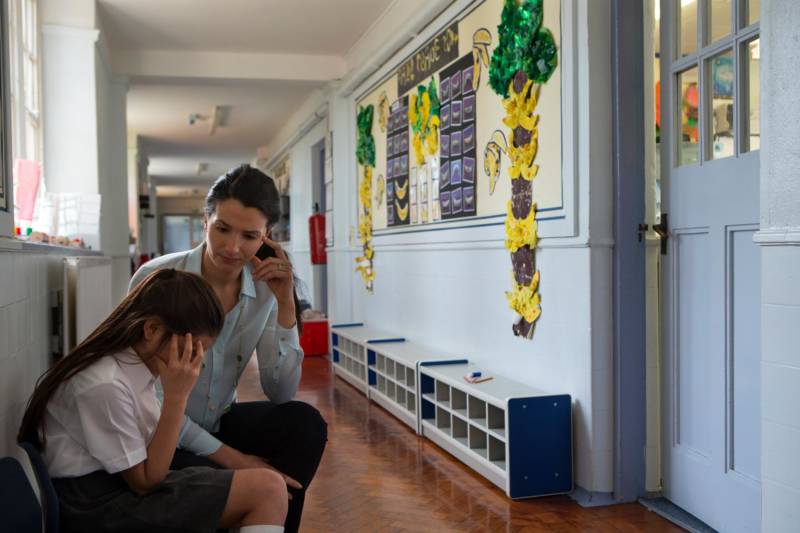
Have you ever wondered why you acted a certain way in the classroom? Maybe you raised your voice at a student who was testing your patience by showing up late to class. Or, maybe you failed to put your foot down when a student bent the classroom rules and pulled out her cell phone during a test. Whatever the case, you may have paused to think about your own behavior once your students left the classroom.
When you pause to think of your own behavior, you are practicing self-awareness. Part of becoming the best educator you can be is self-reflection, whether it be reflecting on improving your lesson plans, increasing student success or changing own behavior as an educator. While you may be familiar with self-awareness, let’s take this skill to the next level: Interpersonal Awareness.

Interpersonal Awareness is a skill that starts with self-awareness and a deep understanding of your own feelings. Once you understand yourself in this way, you can project the same understanding and acceptance to others. (In this case, to your students.) Along with accepting your students, this skill will help you to communicate better, inspire trust, and lead your classroom with more credibility. All of this happens when you become interpersonally aware and take the time to better understand yourself and others.
So, how can you improve this skill and become a better classroom leader? How can you be sure to set your students up for more success this school year? Our virtual training academy, ConoverU, has your answers. Here, you will learn about emotional intelligence (EQ), how you can improve your own EQ, and how to apply it to your everyday life so that it impacts you, your students and your classroom.
